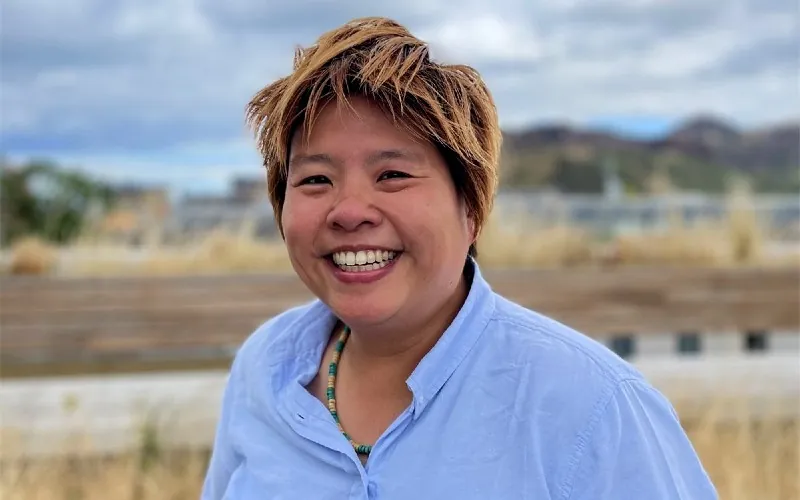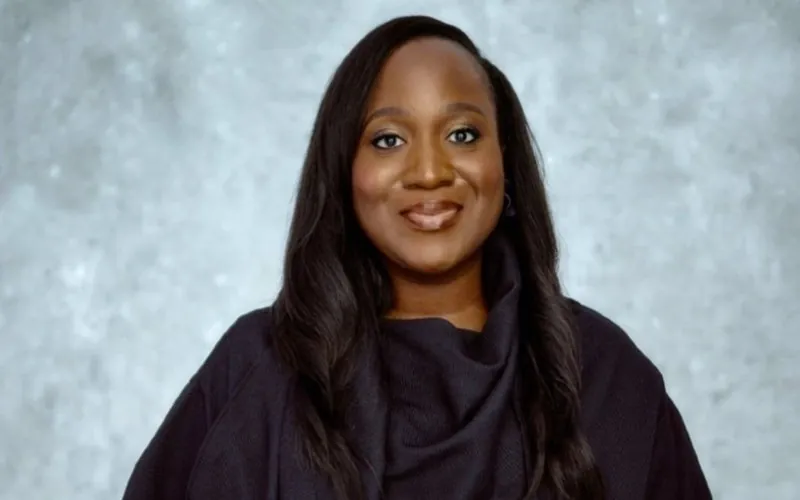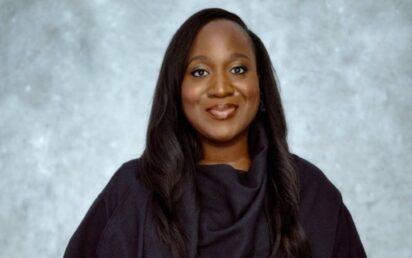There is no doubt that artificial intelligence is here to stay.
From virtual assistants such as Siri and Alexa to fraud detection within financial institutions and the recent rapid rise of large language models such as ChatGPT, individuals and businesses alike are growing increasingly reliant upon the technology.
Yet the data which enables its predictive power may be based on a narrow section of society – and this could pose many problems as it continues to develop.
“Biased datasets are inputted into AIs, which ultimately causes biased tech,” Steph Wright, co-founder of Diverse AI, tells BusinessCloud. “AI cannot manifest without human interaction.
“There is far too much emphasis [in the media, for example] on AI technology taking over the world. The truth is, there’s a human involved in AI right from its inception – and we need to take accountability for that.
“It’s a pervasive issue. When developing a product, whether digital or not, if everyone around the table shares similar backgrounds, you have a problem.
“Unless that product is meant exclusively for the people in that room – which is rarely the case – this approach is flawed.
“Women, individuals from families without a university legacy, and people from diverse racial or otherwise – all need representation in AI.”
As well as ensuring that the data is representative of the people using technology, it is also vital that those creating AI are from diverse backgrounds. An acute awareness of the need to make the tech as accessible for minority groups as possible is also key.
Sadly, in many cases, these criteria are often not met as businesses prioritise productivity and the bottom line over accessibility.
Stereotype danger
It was this fundamental flaw that was the catalyst behind the creation of Diverse AI last year. Founded by Toju Duke (pictured, main image), former Google programme manager on responsible AI and now a speaker and ‘responsible AI’ advisor, and Wright (below), head of the Scottish AI Alliance, its mission is to broaden the spectrum of diversity within the field.

As a former arts student, Wright is conscious that talented youngsters may be put off a career in the industry due to perceived stereotypes.
“AI can be seen as a field that is only for your ‘white hoodie tech bro’,” she explains. “The whole concept of ‘you can’t be what you can’t see’ is very prevalent right now.
“We want to shine a light on the diverse people who work in AI so they can see it as a viable career option.”
Duke, with a similarly atypical tech background, echoes that sentiment. “I wanted to be a journalist, or work in mass communications – but was denied entry to those fields!” she laughs.
“I was advertising products at Google before becoming concerned about automated bias and technology. I thought: ‘There’s some work to be done here.’”
Beyond gender
Duke and Wright served as UK and Scotland leads respectively at Women in AI, a global non-profit think-tank working towards gender-inclusive AI, but left to broaden the scope of inclusion in their mission.
“I wanted to advocate for diversity beyond just gender; me and Toju have other intersectional characteristics,” says Wright.
‘No excuses!’ Martha Lane Fox challenges tech leaders on diversity
There are three major areas which summarise the core values of the Diverse AI collective: education, events and research.
Due to sociological factors, many underprivileged individuals are often not introduced to the field of AI tech creation early on. This results in a lost pipeline of promising talent and can also mean potential tech founders are denied a chance to enter and change the industry for the better.
Diverse AI attempts to counteract this by teaching that anyone can be a part of this world, no matter their origin. It runs online programmes and holds in-person events in cities including London and Edinburgh, which are sponsored by tech organisations such as Radically Digital, CodeClan, Turing Fest, Salesforce and many others.
Diverse AI has also undertaken a research project that aims to create a benchmark for large language models and build a dataset – amplifying the voices of marginalized communities currently excluded from AI.
Doing it right
At the end of this month, the organisation is launching a free AI workshop to bridge the knowledge gap on AI technologies and its challenges. This workshop, sponsored by Salesforce, is open to all.
Driven by volunteers and donations, Diverse AI is now a collective of over 250 members from across the world. It is always looking for collaborators to help spread its mission.
One of their core aims is to build a community of diverse voices in AI.
The community is completely free to join and aims to include exposure and branding on its website for employers wishing to advertise themselves to a more diverse pool of potential employees.
“People should join the bandwagon. AI is here to stay,” says Duke. “We should not stop advancements: we have to embrace it, but we should also do it right.”
Toju’s dedication and commitment to the development and deployment of Responsible AI practices led to the writing of her book Building Responsible AI Algorithms.
The book introduces a Responsible AI framework and guides readers through processes to apply at each stage of the machine learning (ML) life cycle, from problem definition to deployment, in order to reduce and mitigate the risks and harms found in AI technologies.
Roots Inspire ‘improving ethnic diversity in corporate leadership’

